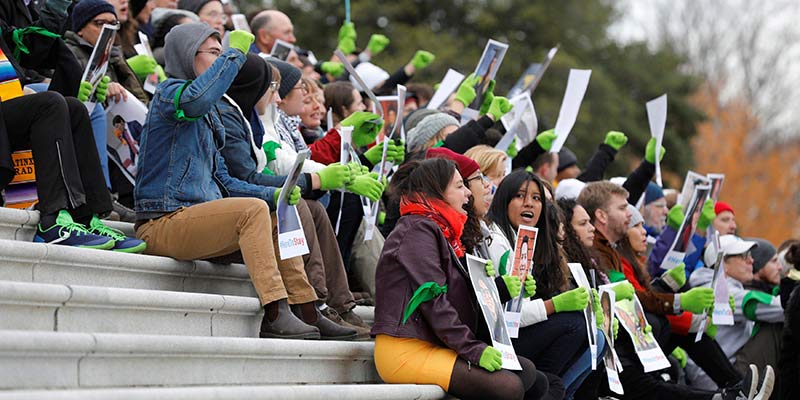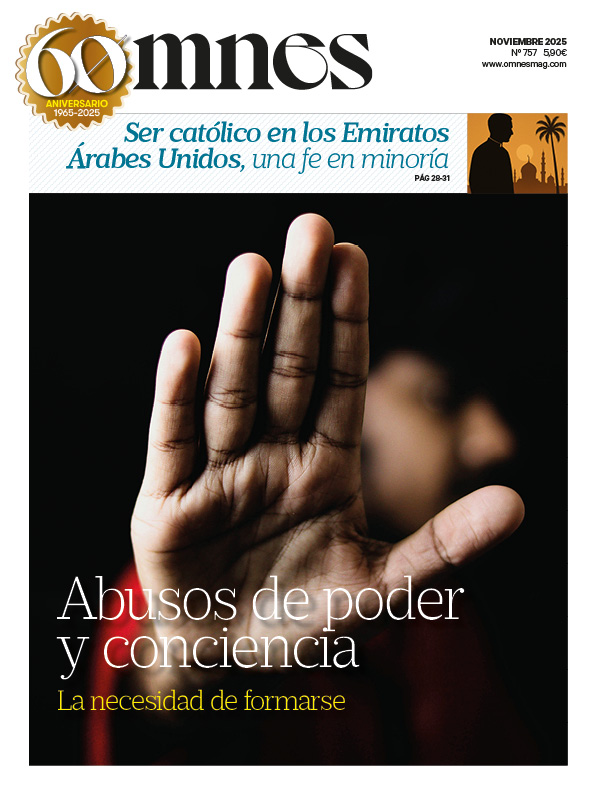Being a bishop in the United States today is a challenge. As the bishops prepare for their June 11-13 national meeting, which will again focus on sexual abuse, the complex national political situation is inundating them with other issues.
The June meeting will address a series of proposals to hold bishops more accountable in matters of clergy sexual abuse, or cover-ups of abuse. It is a second attempt to address proposals that were put on hold last November at the request of the Vatican. The U.S. bishops are confident that, if approved, these proposals will serve to establish clear procedures for reporting allegations of abuse or cover-ups by bishops. At the same time, the bishops will have to address issues related to the political situation. On the same day in May, the Bishops' Conference has issued two statements that reflect the political complexity of the issues.
The first statement expressed disappointment over the Democratic-controlled House of Representatives' vote on an "equality bill" that would extend federal coverage of civil rights to include terms such as "sexual orientation," "gender identity," etc.
The bishops say that while the Church supports efforts to end "unjust discrimination," this reform of the law could have a negative influence on issues ranging from differentiated education schools or abortion, to religious adoption organizations "that respect the right of children to have a father and a mother."
On the same day the bishops opposed the president's latest plan Donald Trump for immigration reform, which would consist of a merit-based immigration system, to the detriment of family-based immigration. The statement is signed by Cardinal Daniel DiNardo, president of the U.S. Conference of Catholic Bishops, and Bishop Joe Vasquez, president of the Episcopal Commission on Migration. The two statements of May 17 reflect a polarized and divided government. While the House of Representatives would be more receptive to the bishops' priorities on immigration, Democratic leaders would oppose the bishops on issues such as abortion and homosexuality and gender issues.








